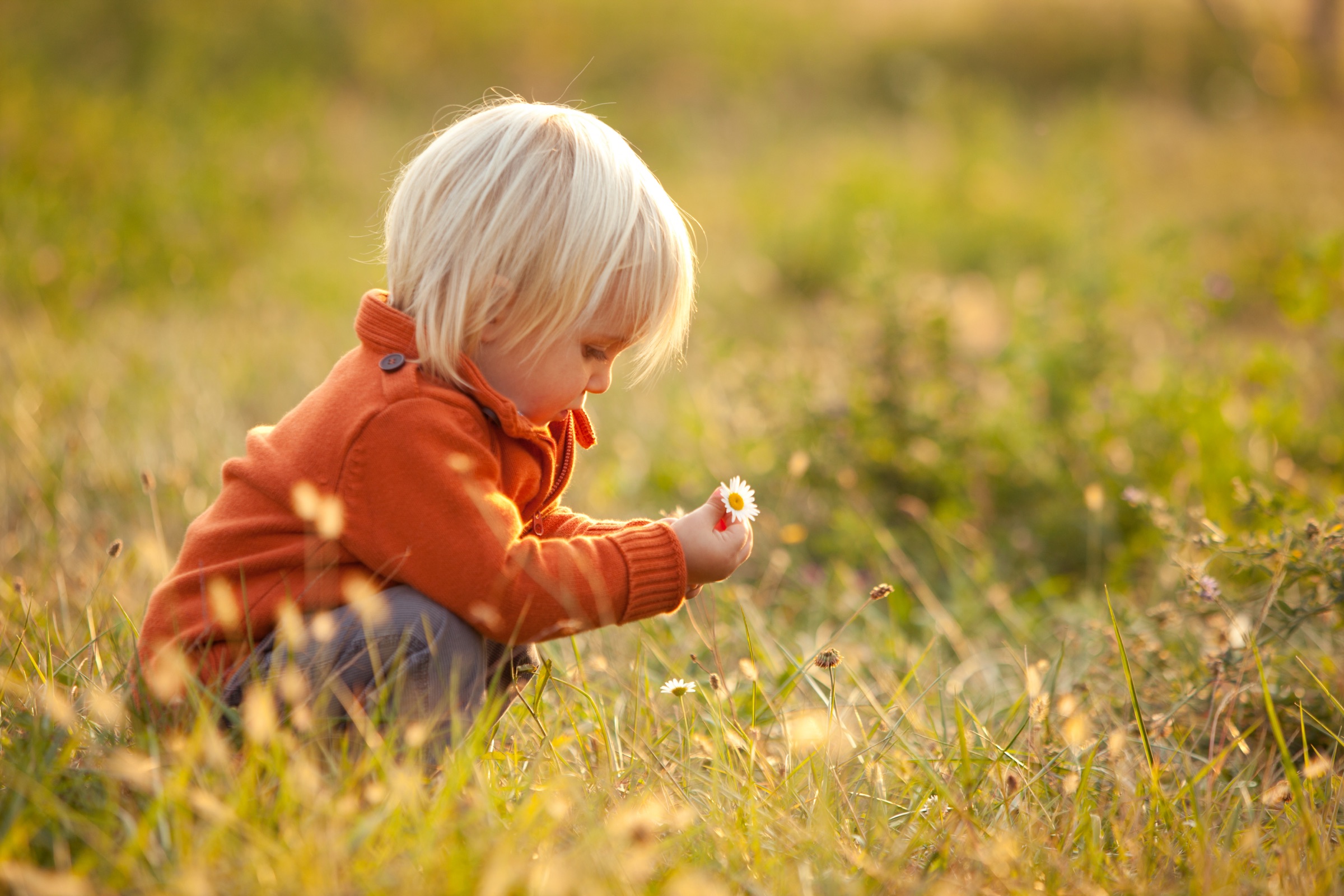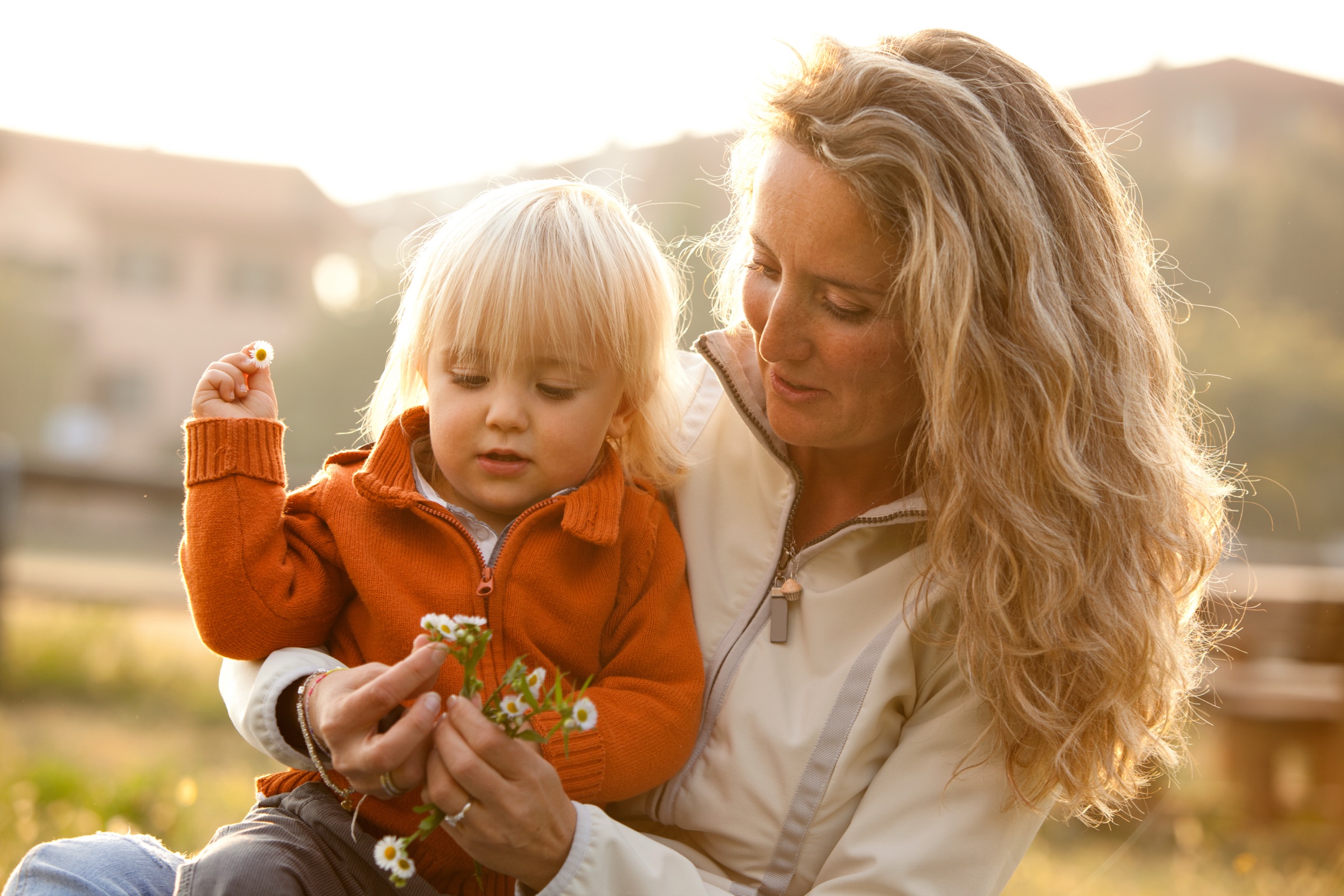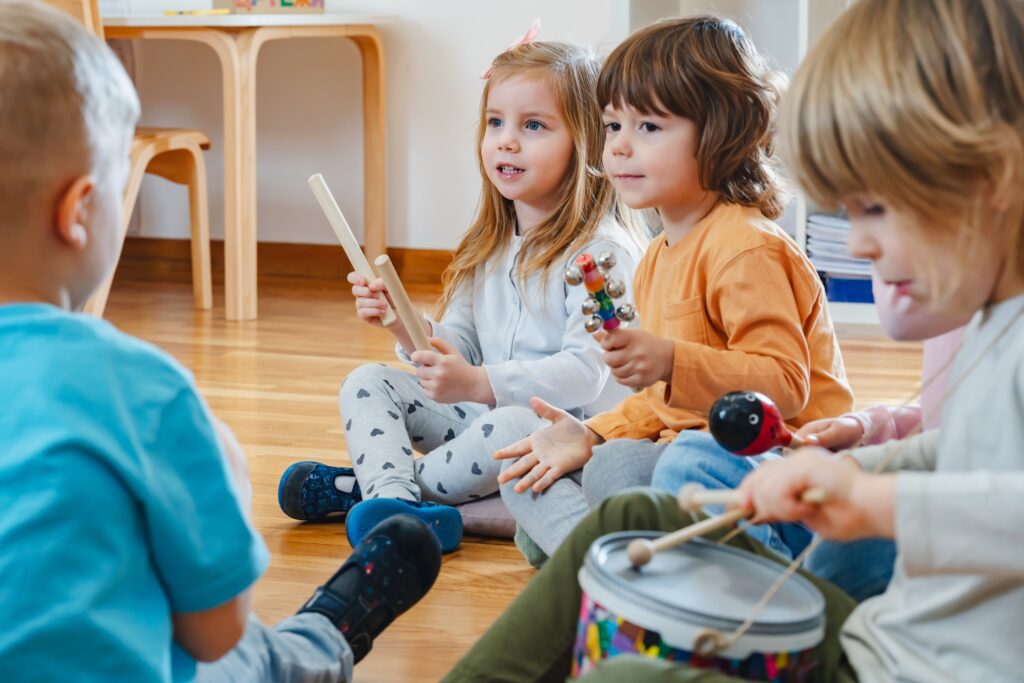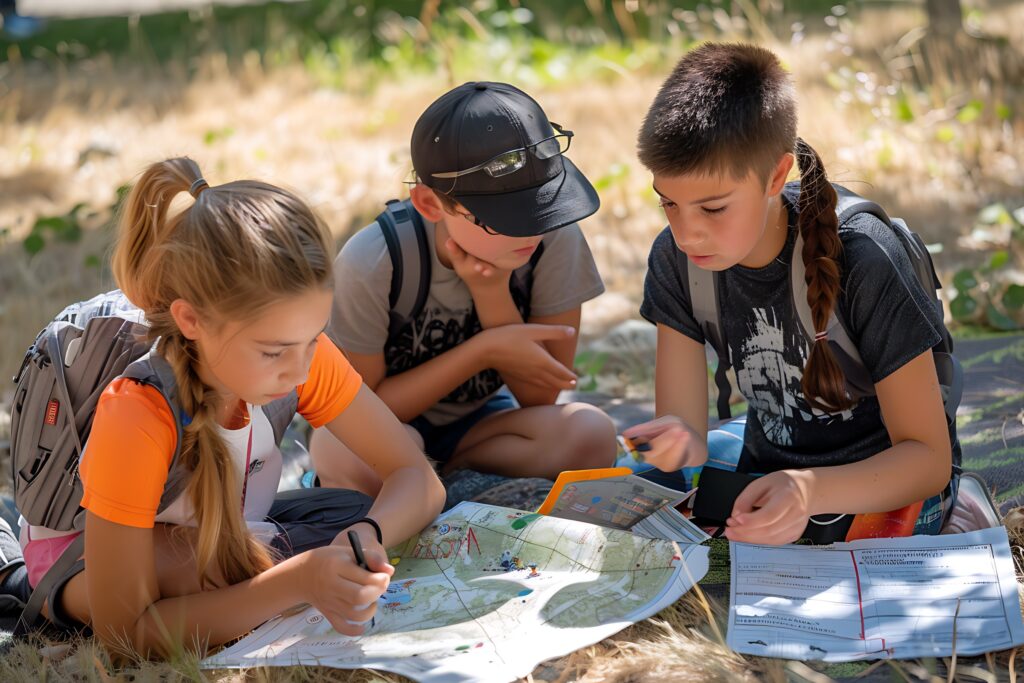Get out of the educational pressure cooker!


Children’s mental health is in crisis! As educators, how can we address our practice to ensure we are not contributing to a deepening chasm of well-being?
You’ve heard the phrases:
“School readiness”, “developmental milestones”, “meeting targets”, “summative assessment” and even “intentional teaching”. Parents live with concern that their child might “fall behind” or “not make the grade” if they aren’t pushed into early learning. As educators in an age of anxiety, it does us well to engage in reflective practice around how we approach children’s development. The research is clear, and has been clear for some time, that an outcomes driven approach to children’s learning is counterproductive. Hot housing, urging and even manipulating children to engage in learning throughout their childhood reinforces a lack of faith in their own ability to succeed, the futility of perseverance and the onerous effort of education.
Learning should be a joy.
Children should become confident attempters of challenging material knowing that “I can do hard things.”
Children should come to be solution-focussed, trying again from different perspectives, like Edison and the light bulb.
Children should be delighted by the prospect of encountering new knowledge and skills.
Instead, Australian children are not doing well, a current study finding “almost three-quarters of adolescents experience clinically significant depression or anxiety symptoms”.
What are the solutions?
The principles being espoused by current voices echoes the wisdom of the past. ACECQA have recently referenced a booklet published by the Froebel Trust in the UK called the “Slow Pedagogy”.
Froebel was one of the educational influencers on Montessori. It is interesting to note our national regulator referencing someone from the 1800’s.

Firstly: Connections
Gabor Maté identifies the ‘peer connections’ that our society produces at the expense of adult connections. In his book “Hold on to your kids” he highlights how modern society in the west creates dynamics of reliance on peer tribes, rather than parents and other trusted adults. Dr Mark Williams in “The Connected Species” discusses how foundationally, human connection is at the core of well-being and learning. Our educational system, however, appears to be geared towards breaking connections between adults and children, rather than fostering them. Workforce is seen as inter-changeable, teachers are new every year, or even more frequently, and time for fun engagement is viewed as time lost for teaching, or even worse, assessment. Class groups are banded within a 12-month birth date range, with children spending many years in the company of some children, and only months with trusted adults.
Montessori approached it differently. Children are grouped in a three-year age range, with each class having children who can mentor, consolidating their learning and discovering leadership, as well as younger children who have peer-role models and supports. They remain, as far as possible, with the same trusted adults for at least those three years. The ‘prepared adult’ of Montessori pedagogy focusses on ‘observation’ in order to truly know and understand each of the children, giving rise to a relationship built on trust and respect. The relationships between school and home are fostered with Montessori educators often engaging with families in ways to support parental practices and relationships.
The Frobel pamphlet identifies the first key theme as “Being with”. Connection and relationships need to be at the heart of any program.

Secondly: Unhurried
Montessorians “trust the child”. Montessori taught that the child will be drawn to the type of activity that their internal blueprint of development urges. Educators invite and suggest, never coerce or cajole children into particular learning experiences. Focussed and concentrating children are not interrupted or ‘helped’, but allowed to remain on task for as long as the activity is holding their attention. Academic benchmarks are achieved as children, themselves, become interested in the content, and going on ‘tangents’ with interests is encouraged.
As a contrast, class groups of 20 or even 30 children are required to cover the same academic content at the same time. Children with a ‘bent’ for that content are already across it, and bored. Others are finding the comprehension of it beyond them. The perceived need for good grades sees parents pushing children into learning, engaging tutors, pressuring educators to commence curriculum that their child is not interested in. The front of class content delivery in a lock-step mode within a philosophy of ‘the earlier the better’ is never going to achieve motivated and engaged learning broadly across the class.
The Froebel document recommends “Going off track” to allow for children’s interests to be pursued. “Diving deep with children” in order to provide extended periods of play for children, and allowing for deeper, rather than shallow and detached learning activities. And thirdly, “Taking the longer view” which regards the long term outcomes as more of a priority than ticking off a short term goal. Play, and the value of childhood in its own right, is seen as central, and the provision of nature is considered an essential aspect of the approach.
“We grant space and time to young plants and animals because we know that, in accordance with the laws that live in them, they will develop properly and grow well; young animals and plants are given rest, and arbitrary interference with their growth is avoided, because it is known that the opposite practice would disturb their pure unfolding and sound development; but the young human being is looked upon as a piece of wax, a lump of clay which man can mold into what he pleases.” Froebel, F. (1885, first published 1826) The Education of Man. New York: Appleton & Co. p. 8.
Sadly, even Montessorians can fall prey to the prevailing philosophies of their country and community. Instead of nature and play, trusting the child, whilst structuring for consistency of relationships, Montessori schools and centres find themselves pushed from above, by perceived documenting requirements and the managerialism of government bureaucracy, from beside, by parents seeking to ensure the academic progress of the child, and from within, as confidence in their own pedagogical decision-making is eroded.
It is time to again listen to the wisdom of before, supported by the research of today, and stand by the philosophy and methodology which provides best outcomes for children.
Helping children thrive is a shared journey. Spread the word and support fellow educators with insights and resources from Your Child’s Day.
Resources, advice, and uplifting stories for educators and families. No spam, ever.



